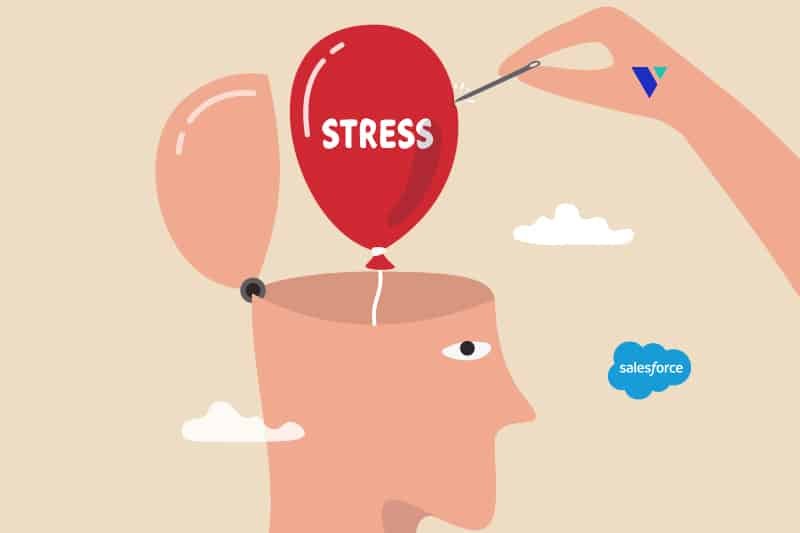Mental Health Meets Justice: Why Medico-Legal Psychiatrists Matter More Than Ever

Although the relationship between mental health and the legal system has always been complicated, it is becoming more and more important in today’s society. The legal profession is being pushed to address issues that were previously disregarded as a result of growing understanding of psychological well-being and the role that mental health plays in human conduct. Medico-legal psychiatrists can help with this. These experts help judges, attorneys, and legislators make just and well-informed decisions by bridging the gap between clinical psychiatry and the legal system. In a world where the volume and complexity of cases affecting mental health are increasing, their work makes sure that justice does not function in a vacuum, detached from human psychology.
Medico-Legal Psychiatrists’ Function in the Legal System
Medico-legal psychiatrists are experts in evaluating the effects of mental health issues on people in a legal context. Medico-legal specialists assess the impact of psychiatric diseases on legal duty, competence, and accountability, in contrast to conventional psychiatrists who primarily concentrate on therapy. For example, they might decide whether a person is competent to make decisions about their money or medical care, if a defendant is fit to stand trial, or whether a crime was committed while under the influence of a mental illness. By doing this, they give juries and judges who might otherwise find it difficult to understand psychiatric evidence vital clarification.
Compassion and Justice in Balance
Striking the correct balance between responsibility and compassion is one of the biggest problems facing modern justice. In order to achieve this equilibrium, medico-legal psychiatrists are essential. They make sure that the law considers actual psychological limitations in addition to upholding responsibility. For instance, medico-legal evaluations can shield people from sanctions that do not accurately represent their mental health conditions in situations involving impaired culpability brought on by schizophrenia, bipolar disorder, or severe depression. Alternatively, courts can render decisions that emphasize rehabilitation and therapy, guaranteeing that justice fulfills society’s moral obligation to treat the weak with respect as well as its need for safety.
The Increasing Demand in a Changing Environment
Mental health problems are growing more common in today’s fast-paced and frequently stressful world, and their consequences on legal systems are becoming more noticeable. More and more, a reliable medico legal psychiatrist is being asked to offer advice on everything from criminal cases to family law and workplace conflicts. Their knowledge is now at the forefront of justice because of the increased recognition of diseases like PTSD, personality disorders, and the effects of trauma on behavior on a worldwide scale. Furthermore, there is a greater need than ever for complex psychiatric assessments in legal contexts due to social and technical shifts, such as the psychological impacts of online harassment or the strain of uncertain economic conditions.
Impact on Public Safety and Policy
Medico-legal psychiatrists’ influence goes beyond specific court cases. Their evaluations and professional testimony frequently have an impact on long-term safety plans and public policy. When violent criminals with serious mental illness are involved, for instance, their evaluations can assist in determining if treatment in a secure psychiatric facility is more effective than incarceration. By treating the underlying reasons of criminal behavior, this not only safeguards the community but also lowers the chance of reoffending. Additionally, criteria for involuntary treatment, mental health legislation, and best practices for patient management in penal facilities are all influenced by medico-legal psychiatry.
Difficulties and Ethical Issues
Despite their significance, medico-legal psychiatrists deal with a lot of difficulties and moral conundrums. Their evaluations have the power to significantly alter someone’s life, and they frequently operate in highly charged settings. Since courts rely on their experience to handle delicate issues, there is tremendous pressure to maintain objectivity. They also have to strike a balance between the requirements of legal disclosure and confidentiality, occasionally disclosing private patient data in court. Also, because mental health and justice are not implemented consistently throughout communities, their work necessitates ongoing knowledge of cultural, social, and political settings.
At the intersection of medicine and the law, medico-legal psychiatrists hold a special and crucial position. Their knowledge is more important than ever in a time when mental health is acknowledged as an essential element of total wellbeing. Medico-legal psychiatry will remain a vital component in maintaining justice and compassion as legal systems change to accommodate the complexity of the contemporary world.




